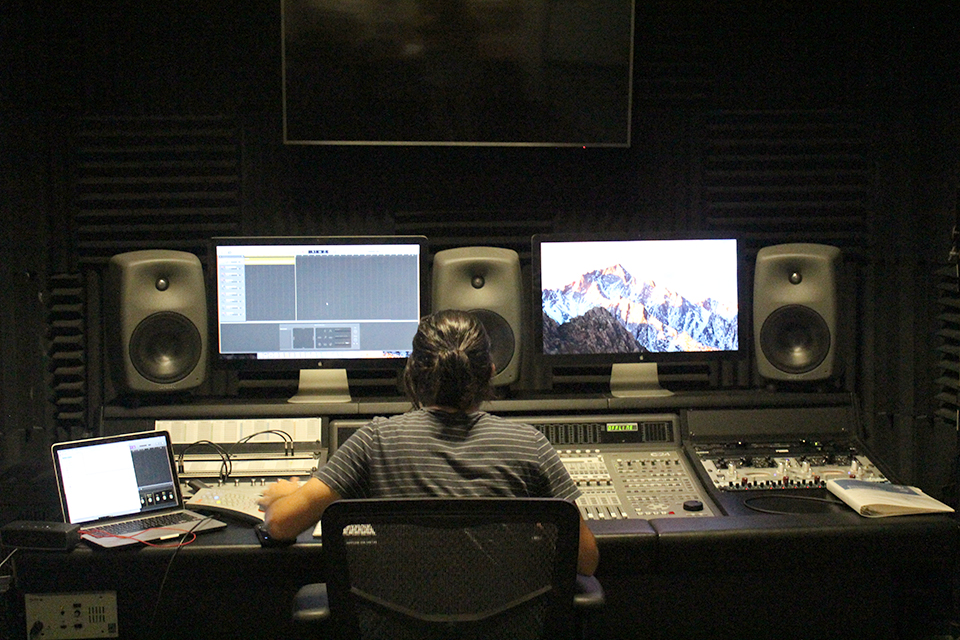Unique and creative forms of entertainment engulf modern society. Some, such as podcasts, have proved valuable and relevant enough to stick around. Podcasts recall the style used by the radio programs of old and update it to suit a modern audience. They enable an uncommon blending of diverse high quality entertainment with mobility and uncomplicated access. Not only are they easy to access, but virtually anyone can start one. They also have their challenges, but the door is open for anyone to jump in.
One show that stands out among the heaps of podcasts available is Songexploder. The producers contact different musicians and interview them about some of their most famous work. They talk about the structure of the song and the technical work that went into it, all from the artist’s perspective. Christian Koons, assistant producer of the podcast, sheds some light on how to get a foot in the podcast business.
A unique and interesting idea
The first vital component to starting a podcast involves having a unique idea that interests people. Koons compares today’s podcasts to blogs 10 years ago in that it is a new and accessible platform anyone can use. The fact that they are becoming more and more common makes it difficult to create a successful one. This makes uniqueness and originality essential.
“Going about it with a posture of patience, but also trying to think, ‘What ways can I be different? What way can I be better than the ‘competition?’’” Koons said. “‘Is anyone else out there doing something like this? And if they are, what are they doing well? What are they doing not so well? How can I do it better? How can I do it differently?’”
Once you have an idea for your podcast, it is important to make the unique idea interesting. According to Koons, people should want to listen to it.
The tools for the job
After your idea is in place, the next thing to think about is the equipment.
“The cool thing about podcasting is to start, you don’t really need that much,” Koons said. “Basically what you need is a microphone, a recording device, some way to record audio, and a computer and access to a computer and software to edit that audio.”
According to Koons, the industry standard audio editing software is Pro Tools. This software can be purchased online, but there are other ways to edit audio to avoid the crippling cost. It all depends on how professional you want the podcast to sound.
“In terms of how nice and professional you want the audio to sound, there’s more stuff you can buy like plugins or more advanced audio software,” Koons said. “Really, all you need is just a microphone and basic editors.”
Koons also mentioned a free audio editing program called Audacity, which is still widely used in the podcast business. Biola students may recognize Audacity since some professors recommend using it for certain assignments.
Build an audience
The next step requires establishing an audience. Koons recommends simply starting with friends and family. This acts as a way to market and test your podcast with a friendly audience so that you can receive constructive criticism and feedback. Koons also highlights the importance of deciding which audience you want to market towards.
“Trying to find people in related fields to whatever the subject of your podcast is, is a good way to try and think about marketing, whether that be seeking out partnerships or trying to do events that are cross-promotional,” Koons said. “Once you make your podcast ask yourself why you’re interested in it and then say, ‘Who else would be interested in this and how can I find those people?’”
For example, if the podcast focuses on sports, then you should reach out to sports teams or sports organizations that would be interested in the podcast’s content. This serves as a way to spread awareness of your podcast as well as establish an audience who have an invested interest in your topic.
Once you have all of these factors in place, you are ready to start a podcast.







